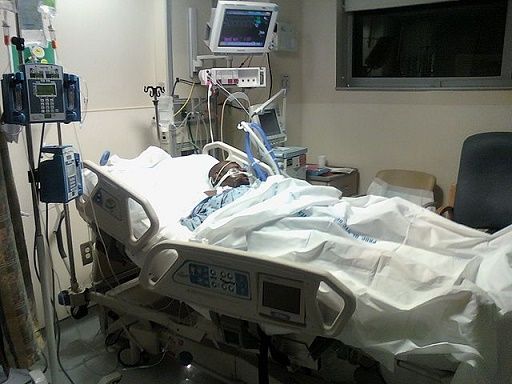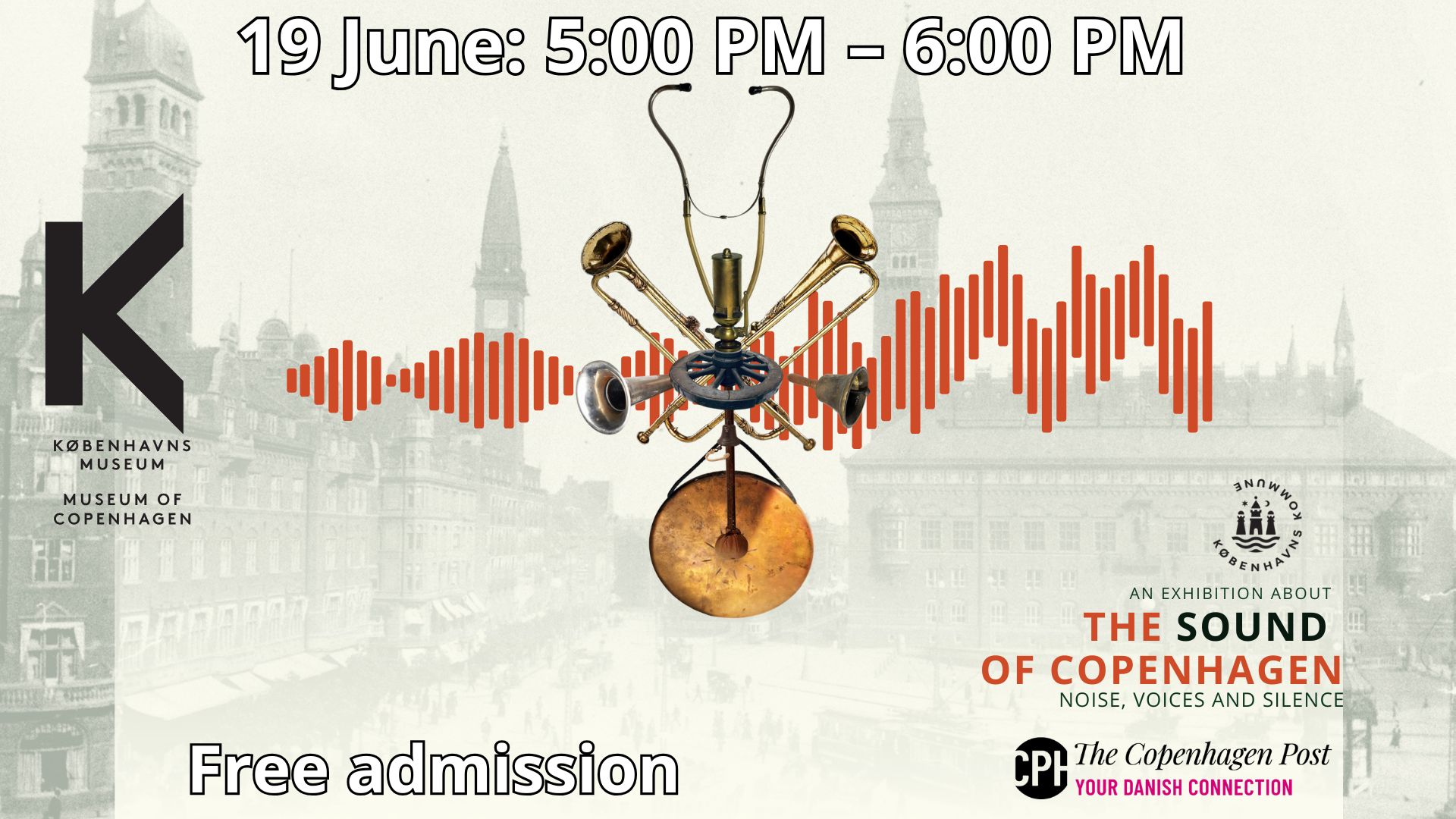A new book published by Liselotte Højgaard, a professor and chief surgeon at Rigshospital, contains a warning that the Danish health system itself is heading towards intensive care.
‘How do we get the world’s best health service?’ points a warning finger at politicians and health administrators.
“The system is so weakened by cuts that I feel I have to speak out,” she told Politiken.
“It’s the first time in my 35 years as a researcher and doctor that I’m doing this, so it’s not because I’m a moaner or whinger. But it’s serious now. We’ve crossed a red line and I can’t keep silent any longer.”
Many causes
Højgaards blames a combination of factors for causing the present malaise, including cuts leading to longer waiting lists, a lack of equipment that is often old and slow, and poor organisation.
“This year, in my department alone, we have to save 2.5 million kroner. We are also expected to carry out a lot more tasks than before, but for more or less the same amount of money. It just doesn’t add up.”
One bone of contention is the increase in the number of non-medical personnel. Figures for 2007-2016 reveal that 1,800 more office personnel have been employed, corresponding to a 27 percent increase in numbers. At the same time, the qualified medical staff have had to greatly increase their work-rate.
“There’s no doubt that the massive savings have led to an over-bureaucratisation. You have to be very much in control if you are steering a much poorer system and, at the same time, have enough time for the millions of patients we treat every year.”
Registration difficulties
One of the areas Højgaard points to is the controversial patient registration system, Sundhedsplatformen, which has attracted criticism from health personnel because it takes much longer to input data than the old system did. Here, she says, Denmark should look to the Netherlands.
“The Dutch bought the full version of Sundhedsplatformen, which has inbuilt speech recognition. So instead of the doctor writing everything in, it appears directly on the screen when you speak and you can then simply correct it. It is much quicker.”
It could be worse
Højgaard still has reason to be optimistic, though.
“We’ve got some fantastically clever students, doctors, researchers and other health personnel. We don’t have to do all that much before we get back on the right track once again. But the building blocks that we have need to be put together another way,” she asserted.
“I’d like to emphasise that the individual shouldn’t be afraid of going to hospital. The contact between patients and surgeons or pregnant mothers and midwives – in other words, the core areas of the health system – are working fine seen from a professional point of view.”














